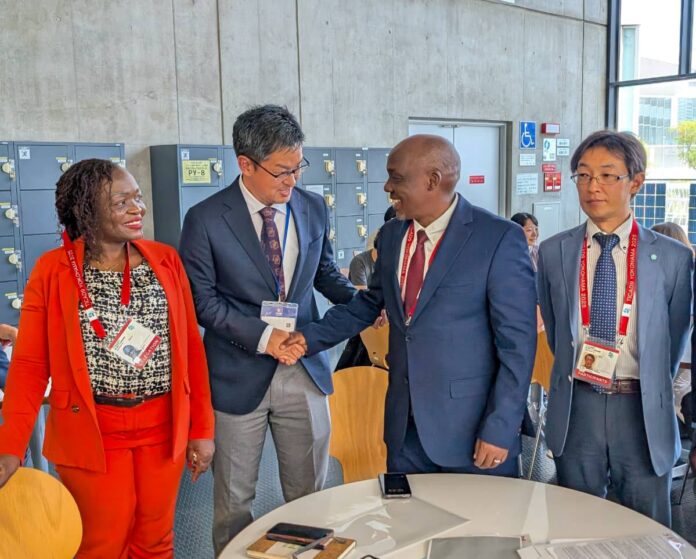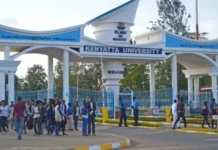The Ministry of Agriculture and Livestock Development has reaffirmed Kenya’s commitment to deepening its collaboration with Japan in advancing farmer-led agricultural transformation.
Speaking during discussions with Mr. Yamazaki, Director at the Japan International Cooperation Agency (JICA) headquarters, and Mr. Suzuki, JICA Kenya’s Senior Representative, Principal Secretary Dr. Kipronoh Ronoh Paul, CBS, emphasized the shared vision of aligning development cooperation with the aspirations of Kenyan farmers and citizens.
Dr. Ronoh noted that Kenya is dedicated to enhancing capacity building, facilitating meaningful technology transfer, and creating more employment opportunities for youth and agricultural institutions. Key areas of focus under the partnership include irrigation, rice development, private sector integration, and the Smallholder Horticulture Empowerment Promotion (SHEP) model.
Highlighting recent progress, the PS pointed to the breakthrough achieved through the collaboration between Nagoya University and the Kenya Agricultural and Livestock Research Organization (KALRO), which resulted in the development of a cold-tolerant Basmati rice variety.
He said this innovation could transform Kenya’s rice-growing regions by boosting yields and offering resilience against climate change.
The dialogue also explored a new SHEP initiative that seeks to elevate the Kenya School of Agriculture and Bukura Agricultural College into national hubs for farmer training and empowerment.
According to Dr. Ronoh, this approach aligns with the government’s agenda of ensuring inclusive, sustainable, and locally driven agricultural growth.
He further lauded JICA for its commitment to long-term, contextualized support, noting that the shift from project-based aid to transformative partnerships represents a turning point in Kenya–Japan relations.
“Together, we are sowing the seeds of a future where agricultural development is not only impactful but deeply rooted in the needs of the people it serves,” Dr. Ronoh said.
Written By Rodney Mbua



















